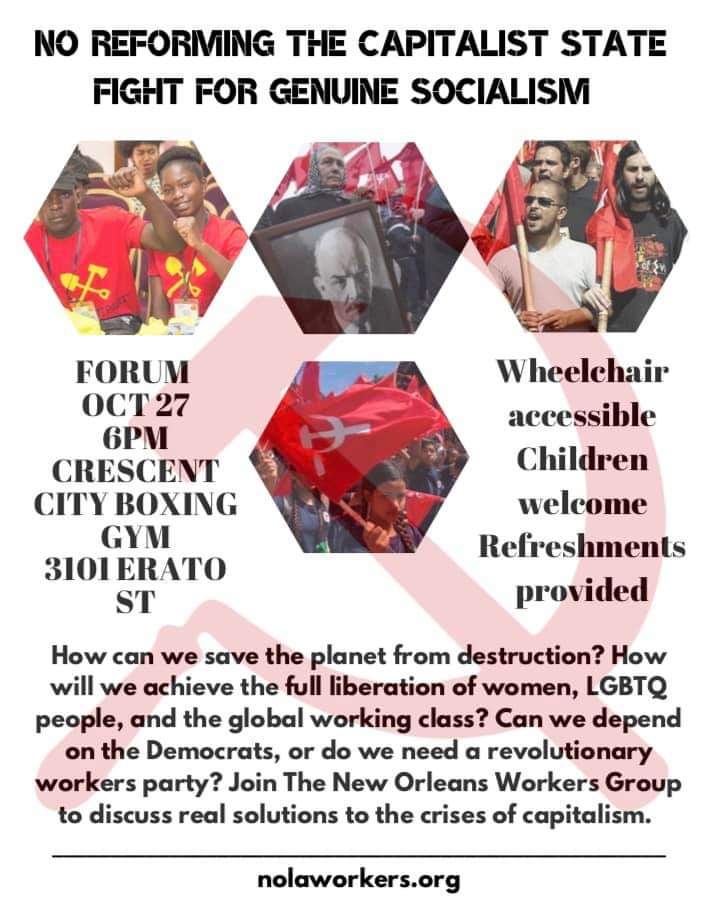by Z Petrosian
The United States has only 4% percent of the world’s population but the highest number of cases and deaths in the world. “It is what it is,” Trump said in August. Meanwhile socialist countries around the world have pursued a different path: “We have a responsibility to protect human lives and the entire social fabric with serenity, realism, and objectivity,” said Cuban President Díaz-Canel.
Socialist States Put People Over Profits
The U.S. government’s COVID-19 policy is geared towards protecting the profits of billionaires. Meanwhile, socialist states have taken a scientific approach aimed at protecting life and avoiding social trauma and desperation.
Vietnam, population 96 million, has had only 26 deaths and 989 infections due to swift, scientific measures instituted immediately by the Vietnamese Communist Party, including a country-wide lock down, information campaign, mask mandate, free hand sanitizer, early closure of schools and religious institutions, and extensive testing. At the same time, they continued to meet the needs of the population.
While certain parts of the U.S. have enacted preventive measures such as mask mandates, free testing, contract tracing, and the closure of all but essential businesses, these policies are doomed to fail if people are not guaranteed essential means of survival such as housing, food, and healthcare. U.S. residents have to weigh potential financial ruin (and for some of us, deportation) against the need to self-isolate or to seek out medical care.
Socialist states showed another way. The Indian state of Kerala— governed by the elected Communist Party of India (Marxist)—made testing and treatment free and available to everyone in the state. For those unable to safely quarantine at home, centers were set up, and temporary housing was constructed for migrant workers needing safer housing and healthcare.
Socialist countries provide cash assistance, food, housing, and medical care. There are no evictions. This is in stark contrast to the U.S. policy of providing temporary and partial relief to some while showering private corporations and banks with trillions of dollars.
PPE, Health Care for the Public Good Not Profits
At the onset of the pandemic, the U.S. flat-out rejected test kits from the World Health Organization. Socialist countries, including China and Vietnam, directed their public sector to produce PPE and healthcare equipment for their own people and also sent these products around the world. China built hospitals in as few as ten days.
Socialism: A System of Solidarity and Internationalism
In Kerala, government employees, trade union members, youth and student activists, participate in relief efforts. Through government sponsored and civilian organized Social Volunteer Forces, hundreds of thousands of youth identify needs and coordinate the provision of goods and services to communities and hospitals.
Socialist countries demonstrate solidarity at home and internationally. Cuba has dispatched doctors around the world, as has China. Vietnam sent hundreds of thousands of units of PPE to the United States. These countries understand that if humanity is going to survive this pandemic and future disasters, worldwide cooperation is required.
Workers Must Get Rid of the Murderous Capitalist System
The causes of the high rate of deaths and illness in the U.S. predate the virus. We must reject the centuries-old U.S. policy of sacrificing workers at the altar of capitalist profit, with the worst harm falling on our Indigenous and Black siblings. We must stand up and get rid of a system that says our lives and our families are disposable. Together, we must dispose of the capitalists for the sake of all humanity and the planet.

